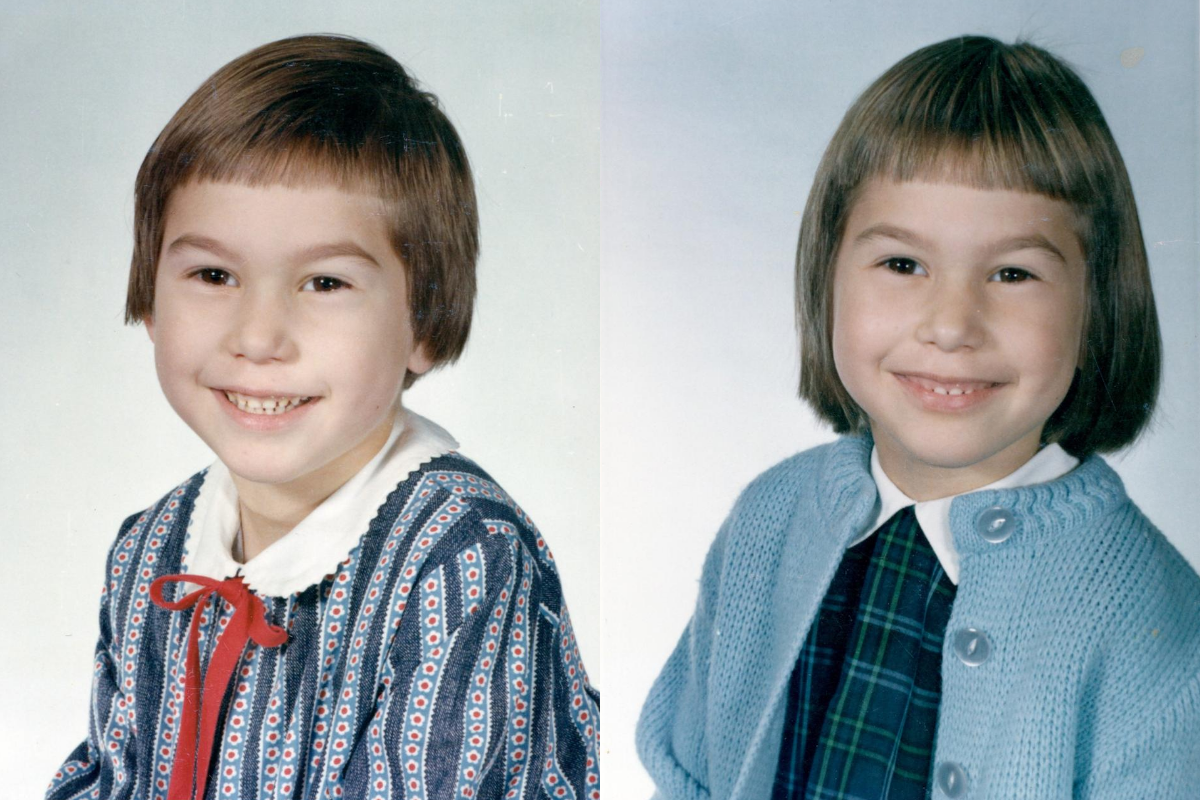Having been asked this question for most of my 60 years, by both white people and those of color, I’ve come up with plenty of clever replies. Because my stock response, “White, completely white,” often does not satisfy. Perhaps the unusual first name gets in the way. So much exoticism in one person is suspect.
“You don’t look completely white” tends to follow. People don’t leave it alone. I’ve heard this delivered as an accusation, as a compliment, or with skepticism. They want more information. So I give it to them. I explain I’m mostly British, Celtic, with some German and French, but some of the Celtic lines have a distant North African connection, because people sailed up from the south and stayed.
“North African! So you’re not completely white!”
Well, North Africans are considered white. Just like Jews. When I first had my DNA tested, what my elders had always said seemed to be substantiated-- there was a tiny percentage of North African along with other surprises. Then, as the results were refined over time, those small percentages reduced. There were enough Celts with that same “North African” DNA to qualify as simply Celts. I mean, we’re talking about an ancestor from before the 14th century. In other words, it was so damn long ago, it doesn’t matter anymore. The tiny sliver of purple in the pie chart below represents remaining traces of North African and Middle Eastern. I should say here that these DNA tests are fun and thought- provoking, but not necessarily 100% accurate.
When I went to a private grade school I was regularly bullied about my “Chink eyes,” “Chinese grandmother,” and called a “half-breed.” One day a little boy, some junior white supremacist-in-training, grabbed me by my collar, put his face right in front of mine, and yelled “What are you! Some kind of a throwback?” I looked down at his thumb. It was close to my mouth. I leaned over and bit it. Hard. He did not bother me again for a long time.
But hey, I was still a little creature of white privilege. When the kids teased me about a “Chinese grandmother,” I felt angry and confused. I wanted to be liked. I just wanted to fit in. And their message was clear: to be Chinese was to be different, and to be different was not a good thing. Therefore, I was bad. They were insulting me. I also remember thinking how my grandmother (the one who looked more Chinese than the other) would’ve been insulted and furious, too. She wouldn’t want to be bad. I didn’t know any Chinese people, and there were hardly any on TV.
My parents were no help. They assured me I was not Chinese, and that ended the matter. In the 1960’s, bullying was considered something one had to put up with. “They’ll get bored,” my mom said.
But they did not. I remember my thinking began to change. “So what if I do have funny eyes? Maybe I am part Chinese. That might be better than being like those mean kids.”
Then we moved, and I switched from private to public school. It was slightly more diverse. There were one or 2 real Asian students, and nobody teased me about looking Chinese. Yet there were other issues that consigned me to a lower caste: I was new, short, wore glasses, and… oh yes, there was my weird name!
Milo




